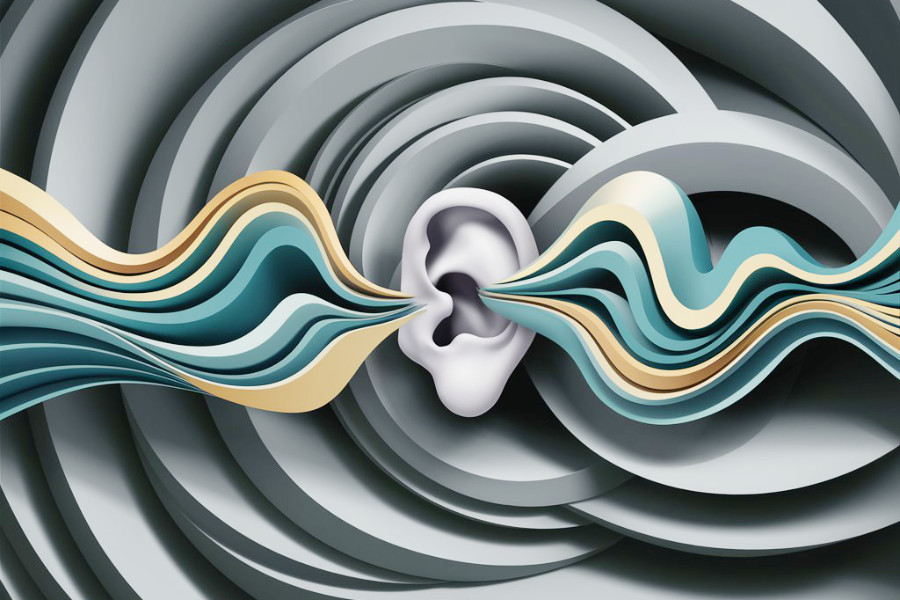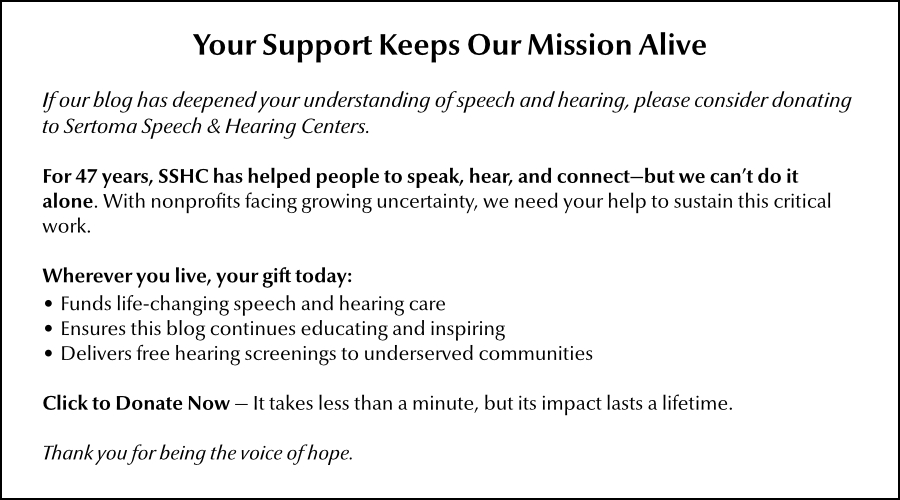New MIT research uncovers a secret superpower in your ears: split-second timing. Using AI, scientists discovered that your auditory neurons sync with sound waves down to the millisecond, letting you pick out voices in a crowd, find a buzzing phone, or lose yourself in music.
Why it matters
Your brain’s ability to process sound hinges on precision timing. Without it, everyday tasks like following a conversation in a noisy café or locating a siren would falter. This finding is a blueprint for optimizing hearing aids and cochlear implants.
How it works
MIT’s team built an AI model mimicking the human ear, complete with 32,000 simulated neurons. They trained it on real-world challenges:
- Spotting familiar voices in chaos (e.g., applause, airplane noise).
- Detecting where sounds originate.
The model matched human skills only when neuron spikes aligned perfectly with sound waves. Disrupt the timing? The system floundered—proving your brain’s clockwork precision isn’t optional.

The challenge
Earlier models failed because they tested unnatural tasks, like comparing two tones. “The brain isn’t wired for lab experiments,” explains co-author Mark Saddler. Animal studies also couldn’t explain human talents, like parsing language. This left gaps in understanding how hearing works—and how to restore it when damaged.
By the numbers
- Hundreds of spikes per second: Auditory neurons fire this rapidly to stay in sync with sound.
- 0.001-second precision: The timing accuracy needed to decode pitch and location.
The takeaway
This research bridges lab science and real-life solutions. By mapping how timing shapes hearing, the team opened doors to:
- Simulate hearing loss impacts with AI.
- Engineer prosthetics that replicate natural neural rhythms.
“It’s about designing tools that speak the brain’s language.” —Josh McDermott, lead scientist
Healthy hearing starts here
Schedule a free 15-minute hearing screening by an audiologist.
★ Call 708-599-9500 to schedule your free screening.
★ For facts about hearing loss and hearing aid options, download The Hearing Loss Guide.
★ Sign up for our newsletter for the latest on Hearing aids, dementia triggered by hearing loss, pediatric speech and hearing, speech-language therapies, Parkinson's Voice therapies, and occupational-hearing conservation. We publish our newsletter eight times a year.
Don't let untreated hearing loss spoil your enjoyment of life.


